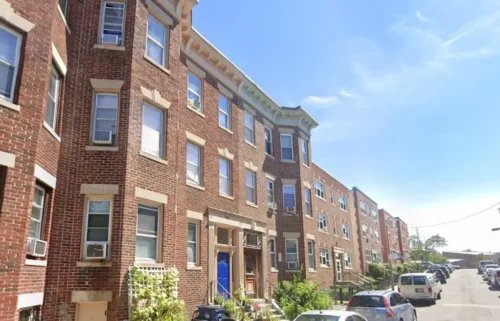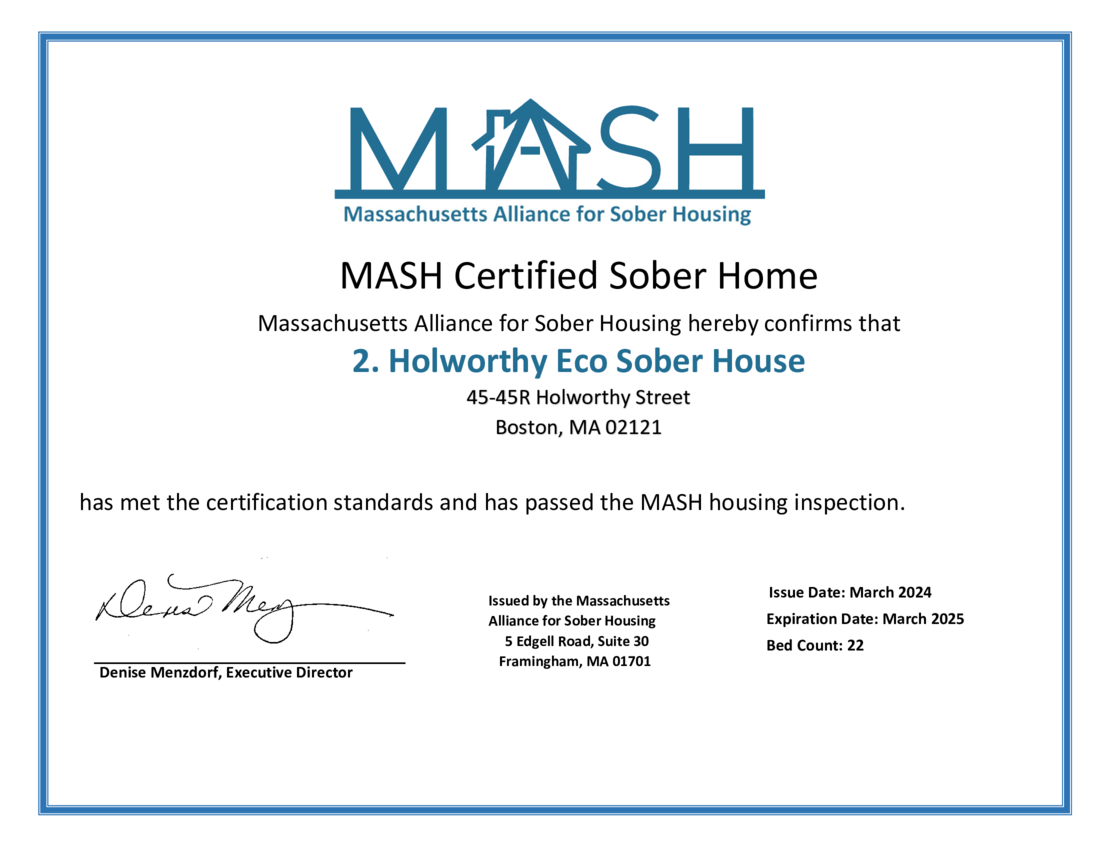Sobriety Sayings & Witty One-liners For People That Don’t Drink

Cultural norms and societal attitudes toward substance use and addiction can also play a role. In some societies where substance use is normalized or even glamorized, the risk of developing addiction can be higher. Social stigmas around addiction can also deter individuals from seeking help, perpetuating the cycle.
- Your emotions are absolutely real and valid, but they don’t necessarily reflect reality or predict your future.
- Even if you have failed previously and relapsed, or are in the middle of a difficult crisis, we stand ready to support you.
- Sharing a funny quote with others who are on the same path can create bonds and a sense of community.
- Sober Speak is a recovery-focused podcast and online community dedicated to sharing people’s experiences, strengths, and hope in long-term sobriety and early recovery.
Funny Sobriety Quotes part 2

“We’re not bad people trying to get good, we’re sick people trying to get well” reframes addiction as a health condition rather than a moral failing. This shift reduces shame and promotes the kind of compassion that actually helps people heal. The words you use to describe yourself matter more than you might think. Stigmatizing language like “addict,” “junkie,” or “drunk” can actually hurt your recovery by making the addiction feel like your entire identity.

Powerful Sobriety Quotes
And each day when you go without drugs/alcohol is a triumph. If you have been sober for a while then it’s time to congratulate yourself and celebrate the anniversary. Fun activities often involve social interaction, whether it’s playing a team sport, attending a comedy show, sober sayings or simply spending time with loved ones. These social connections can be incredibly therapeutic, offering emotional support and a sense of community that is vital for long-term recovery.
Day 88 – Drinkie’s Been Gagged But Is He Vanquished?
- The beauty of sober phrases is their flexibility.
- It is a journey that will continue for the rest of your life.
- In addition to the obvious benefits like improved health and a richer bank account, sobriety provides some subtle, but equally important, benefits.
- Enjoyable experiences contribute to emotional well-being and resilience.
No mixed drinks required, only a decent portion of humor. Sober and keeping the vibes high with laughter. Sober minds, witty lines – laughter is my favorite tonic. Sober life where I remember your name after the first Drug rehabilitation introduction.




